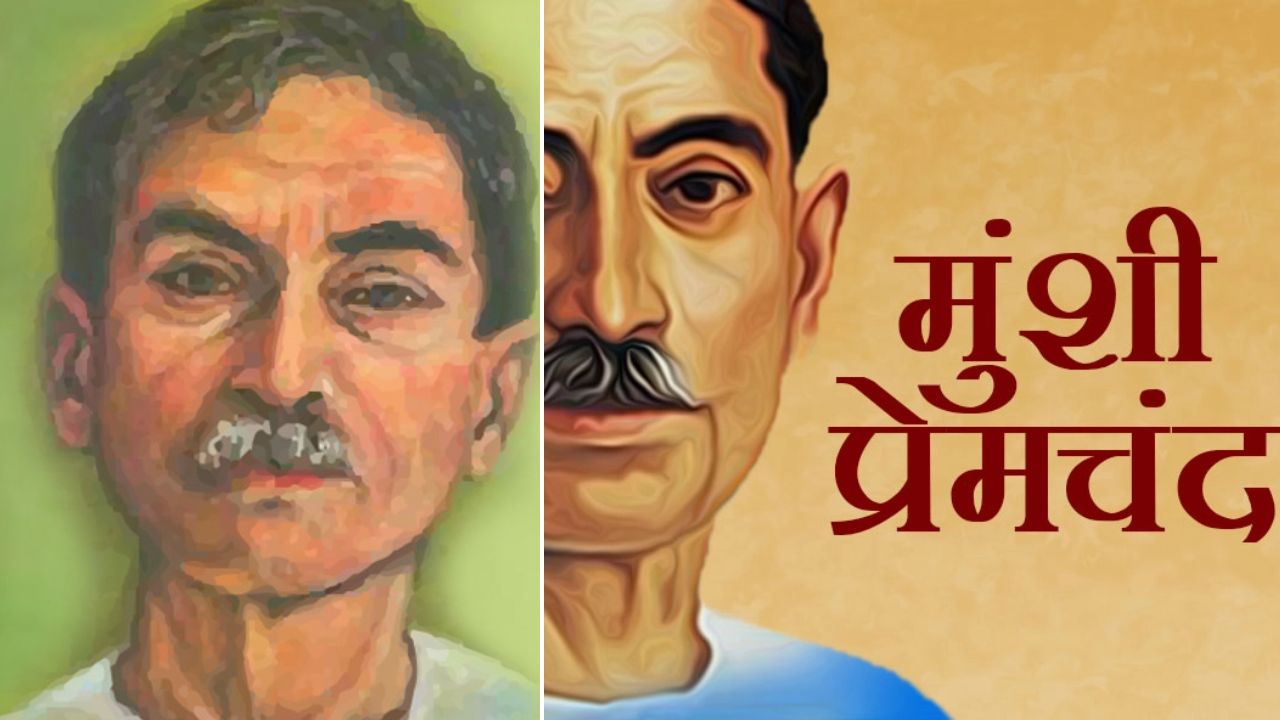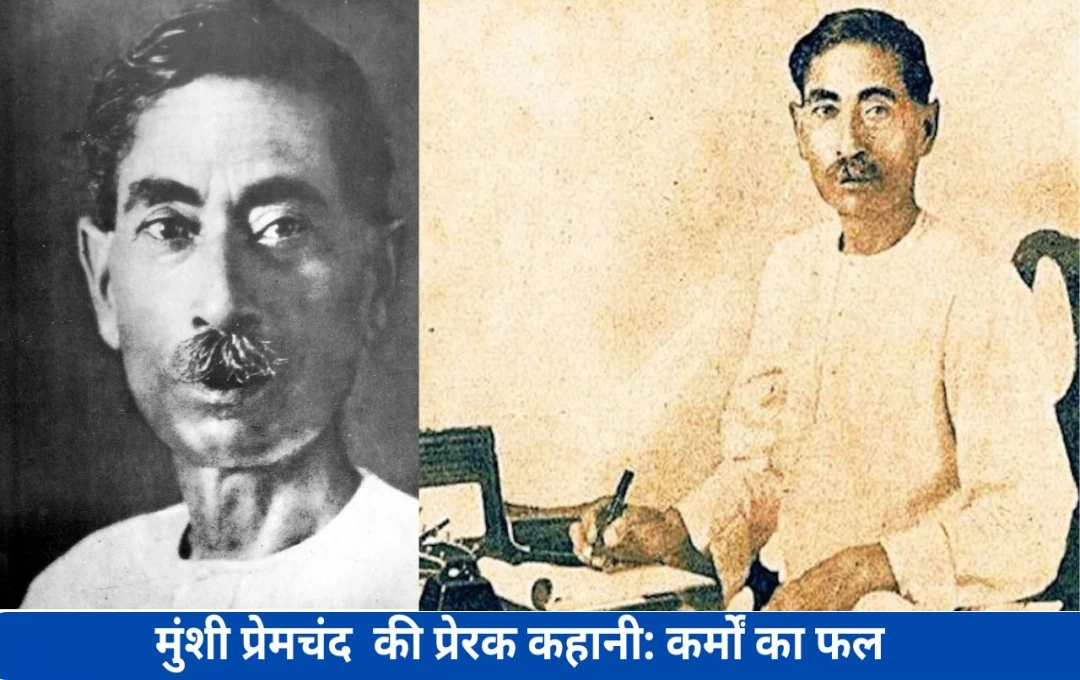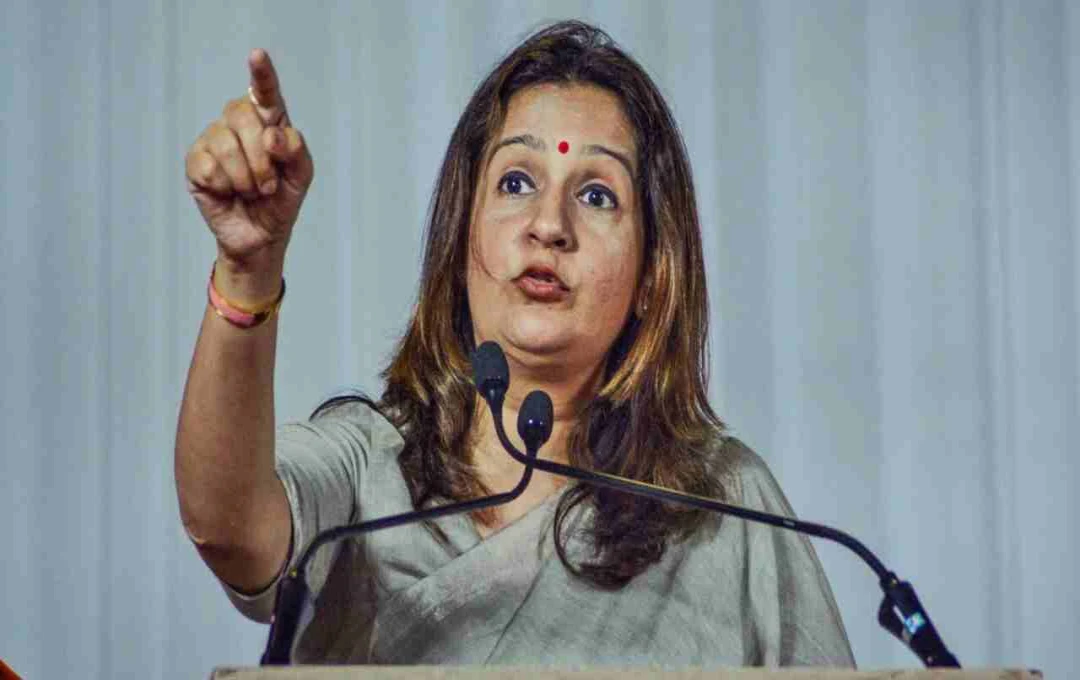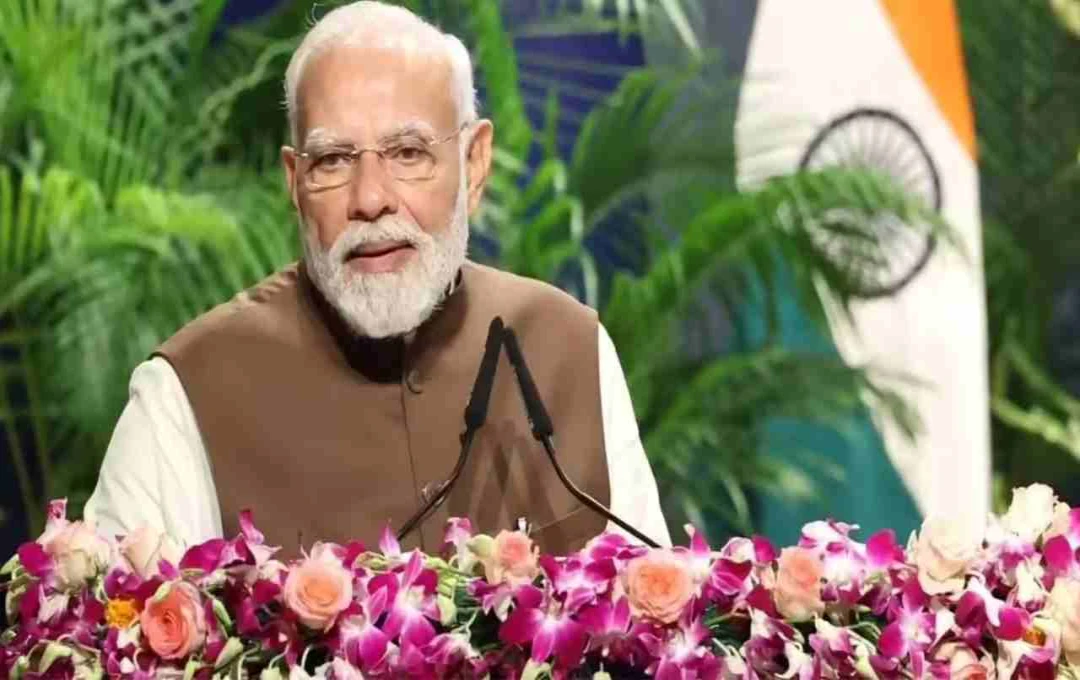Friends, our country has for centuries been the birthplace and abode of numerous great personalities brimming with virtues – sages, poets, writers, musicians, and many more. Thousands of works created by these luminaries are invaluable. Today's youth, in this digital age, seem to be losing touch with their heritage, drifting further and further away from our precious treasure trove. subkuz.com consistently strives to bring you these invaluable treasures alongside entertaining stories, news, and information from India and around the world. Presented here is one such priceless and inspiring story by Munshi Premchand.
The Fruits of Deeds
I've always had a penchant for studying human nature, and based on my experience, I can say that this study is perhaps more engaging, insightful, and full of surprises than any other. However, even after a long-standing and informal friendship with my friend Lala Saindyal, I couldn't fully fathom him. I was always amazed to see the calmness and contentment of a sage in such a frail body – a body like a delicate plant, unmoved and steadfast even in the face of adversity. He was a man of rather ordinary means, not lacking in human weaknesses. He made many promises but didn't feel the need to keep them. He wasn't a liar, but neither was he entirely truthful. He wasn't unkind, but his kindness remained hidden. He needed pressure and supervision to keep him on task; oblivious to principles of frugality, he shirked work, weak in principles, a loose, ordinary man. But when trouble struck, a tremendous strength of courage and firmness arose in his heart, a quality one might call the virtue of martyrs. He possessed neither wealth nor religious faith, the source of trust in God and submission to His will. He had no livelihood apart from a small cloth shop. In such circumstances, where this wellspring of courage and determination lay hidden, my investigative gaze couldn't reach.
Upon his father's death, troubles descended upon him. A small debt was inherited, which possessed a surprising capacity for continuous growth. He had barely escaped one anniversary when the creditor sued him. As soon as he entered the mystical precincts of the court, this small entity swelled like a gourd. A decree was issued. Whatever he had accumulated – utensils, pots, pans – all disappeared into the abyss. Even his house was gone. Poor Saindyal now had nowhere to go. Reduced to penury, without home or hearth, he went many days without food. He didn't worry about himself, but his wife and two or three children required his concern. The family together in this destitution was a truly heartbreaking sight. Outside the city, under the shade of a tree, this man spent his days of hardship, scouring the markets. Ah, I once saw him at the railway station. A heavy burden was on his head. His delicate body, raised in comfort, was drenched in sweat. His feet barely moved. He was breathless, but his face radiated manly courage and firm resolve. Complete contentment shone from his face. He had such composure, as if this was his forefathers' profession. I stared at him in astonishment, unable to muster the courage to offer sympathy in his distress. This state continued for several months. Finally, his courage and perseverance pulled him out of this difficult, impassable valley.
After a few days, troubles attacked him again. May God not show such a day even to an enemy. I had gone to Bombay for a month, and upon returning, I went to see him. Ah, even today, recalling that sight makes my hair stand on end and my heart tremble with fear. It was morning. I called out at the door and, as always, entered informally, but Saindyal's cheerful face, radiating manly courage, was nowhere to be seen. Could I go to his house after a month and he not run to embrace me, weeping with his eyes but smiling with his lips? Surely some disaster had struck. His wife came with her head bowed and took me to his room. My heart sank. Saindyal lay on a cot, wrapped in soiled clothes, his eyes closed, groaning in pain. Clusters of flies sat on his body and the bed. At the sound of my arrival, he looked towards me. My heart broke. He was only a skeleton. There could be no more truthful or poignant depiction of weakness. His wife looked at me with despairing eyes. My own eyes filled with tears. Even illness would barely find room in that shrunken frame, let alone life! Finally, I called softly. At the sound of my voice, his eyes opened wide, but there were no tears of pain or sorrow in them, only the light of contentment and trust in God, and that pale face! Ah, that silent picture of profound contentment, that living memory of contented determination. In his pallor, the redness of manly courage shone through. I was unnerved by his countenance. Was this not the last flicker of a dying lamp?
Seeing my apprehensive expression, he smiled and said in a very low voice, "Why are you so sad? This is all the fruit of my deeds."
But he was a strangely unlucky man. Misfortunes seemed particularly fond of him. Who could have hoped that he would escape that deadly disease? The doctors had given up. He had escaped the jaws of death. If I had even a glimpse of the future, I would have poisoned him first. Ah, recalling that sorrowful event makes my heart ache. A curse on this life that a father should witness the grief of his only son.
What a cheerful, handsome, promising boy he was, so gentle, so sweet-spoken. Cruel death snatched him away. An outbreak of plague was raging. In the evening, he fell ill, and in the morning – what a miserable, ominous morning – his life was extinguished like the morning lamp. I was sitting beside the child, and Saindyal, leaning against the wall, silently gazed at the sky. Before my eyes and his, cruel, merciless death snatched the child from our laps. I clung to Saindyal, weeping. The whole house was filled with lamentation. The poor mother writhed in agony, the sisters rushed to embrace their brother's corpse. Even envy, for a moment, bowed before compassion – the neighborhood women didn't need to force themselves to shed tears.
When my tears subsided, I looked at Saindyal. Tears filled his eyes – ah, contentment has no restraint on the eyes – but manly firmness and surrender were clearly evident on his face. Even in this flood and storm of sorrow, the boat of peace had saved his heart from sinking.
This sight didn't just amaze me, it stunned me. However vast the limits of possibilities, maintaining composure and peace in such a heart-wrenching situation transcends those limits. But from this perspective, Saindyal was not human, but superhuman. Weeping, I said, "Brother, now is the time to test your contentment." He replied firmly, "Yes, this is the fruit of my deeds."

Once again, I stared at him in astonishment.
But even witnessing Saindyal's ascetic patience and trust in God's will left doubts in my heart. It's possible that as long as the wound is fresh, the dam of patience holds. But its foundations have been shaken, cracks have appeared. He cannot withstand the poison of grief and sorrow for much longer.
Could any worldly misfortune be so heart-wrenching, so merciless, so harsh? Contentment, firmness, patience, and trust in God – all these are no more than straw before that storm. What is religious faith? Even spirituality bows before it. Its gusts shake the roots of faith and devotion.
But my assumption proved wrong. Saindyal did not let go of his patience. He continued diligently with the tasks of life. Meetings with friends, walks by the river, leisure, and the bustle of fairs – these interests still held the power to draw his heart. I observed and studied his every action, every word carefully. Forgetting the rules of friendship, I observed him in a state where there was nothing but his thoughts. But even in that state, the same manly patience was on his face, and not a single word of complaint or grievance escaped his lips.
Meanwhile, my little daughter, Chandramukhi, fell victim to pneumonia. When I returned home from the day's work and lovingly lifted her into my arms, the joy and spiritual strength it gave my heart cannot be expressed in words. Her expressions were not merely captivating; they banished sorrow. When she would run to my lap, I felt I had the wealth of all three worlds. How enchanting her mischief was. Now, the hookah held no pleasure; there was no one to knock over the chillum! Food held no enjoyment; there was no one sitting beside the plate ready to pounce on it! I was weeping uncontrollably, holding her lifeless body. I wanted nothing more than to end my own life. Suddenly, I saw Saindyal arriving. I quickly wiped away my tears, laid the little body on the ground, and went outside. That god of patience and contentment looked at me with sympathetic eyes and embraced me, weeping. I had never seen him cry out like that. His sobs turned into hiccups; he became unconscious and delirious with anxiety. This was the same man whose only son had died and who didn't even frown. Why this transformation?
Many days after this sorrowful event, when my grieving heart began to heal, one day we both went for a walk by the river. It was evening. The river, sometimes golden, sometimes blue, sometimes black, flowed slowly like a weary traveler. We went far and sat on a mound, but we didn't feel like talking. The silent flow of the river immersed us in our thoughts. The waves of the river created waves of thoughts. It seemed to me that dear Chandramukhi was sitting in the lap of the waves, smiling. I was startled and began to wash my face in the river to hide my tears. Saindyal said, "Brother, strengthen your heart. If you keep brooding like this, you'll surely fall ill."
I replied, "Grant me a little of the composure you have been given by God. Where is such strength in my heart?"
Saindyal smiled and gazed at me.
In the same vein, I said, "I've read many stories of firmness and contentment in books, but truly, I've never encountered a man like you, so firm, standing straight in the face of difficulties. You know I've always been fond of studying human nature, but in my experience, you are unique. I won't believe that you don't feel pain and anguish. I've seen it with my own eyes. Then, where have you hidden the secret of this sage-like contentment and peace? You must tell me this secret now."
Saindyal fell into thought, gazing at the ground and said, "It's no secret; it's the fruit of my deeds."
I heard this sentence from his lips for the fourth time and said, "Initiate me into those deeds whose fruit is so empowering. Why should I be deprived of such fruits?"
Saindyal said in a sorrowful voice, "God forbid that you should perform such deeds and their black stain should fall on your life. What I have done seems so shameful and repulsive to me that whatever punishment I receive, I am ready to accept it gladly. Ah! I have defiled a sacred family, where my trust and reputation lay, with my desires, and sown the seeds of sin and betrayal forever in a sacred heart filled with the pain of love, a unique, newly blossomed bud in the garden of beauty, and truth. This sin is what I have done, and its weight far exceeds the misfortunes that have befallen me so far or that will befall me in the future. No punishment, no suffering, no loss can atone for it."
I never dreamed that Saindyal was so steadfast in his beliefs. Sins are committed by everyone; our human life is a long list of sins. What garment is there that doesn't bear these black stains? But how many men are ready to endure the punishments for their deeds with such cheerful willingness? We jump into the fire, but we are not ready to burn.
I always regarded Saindyal with respect, but hearing these things tripled my respect for him. In the heart of an ordinary worldly man was hidden the heart of a saint, in which the light of wisdom shone. I looked at him with reverent eyes and embraced him, saying, "Saindyal, until now, I considered you a man of b character, but today I understand that you are among those holy souls whose existence is a boon to the world. You are a true devotee of God, and I bow my head at your feet."
So, this was an inspiring story by the great writer Munshi Premchand. We learn many new things from this story. The entire subkuz team strives to bring inspiring stories to our visitors daily. Keep reading such inspiring and enlightening stories on subkuz.com.





